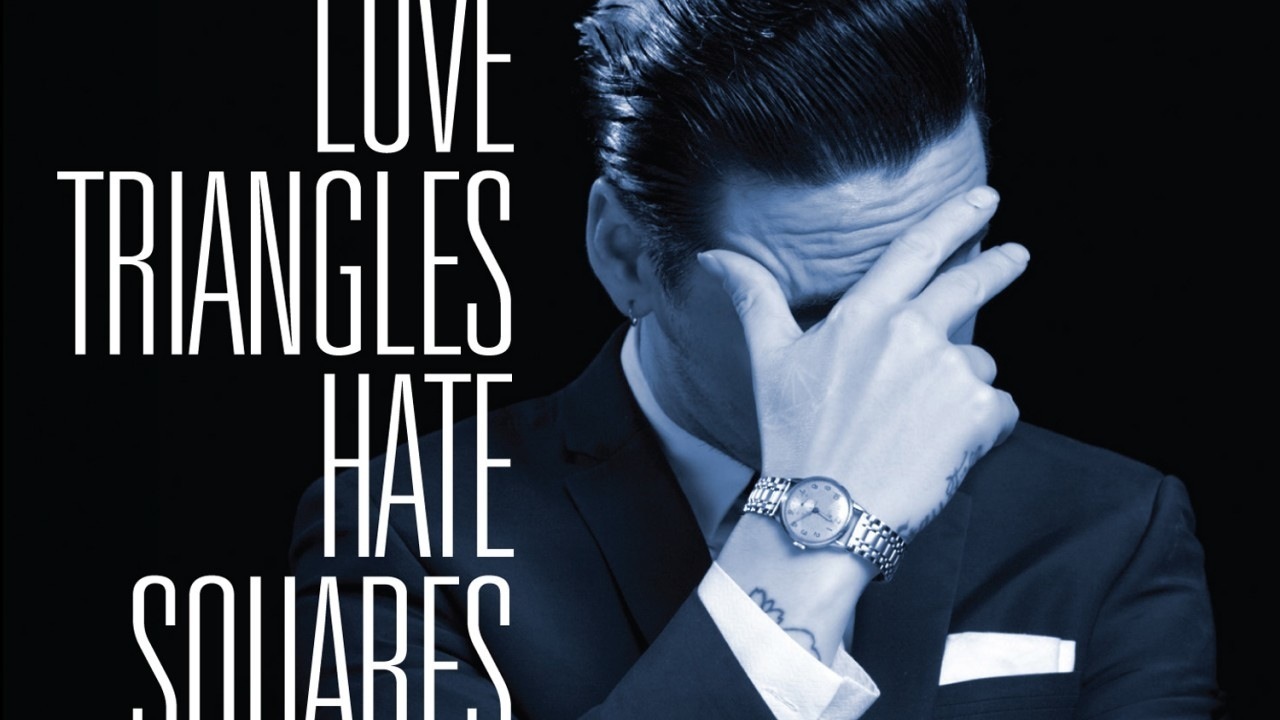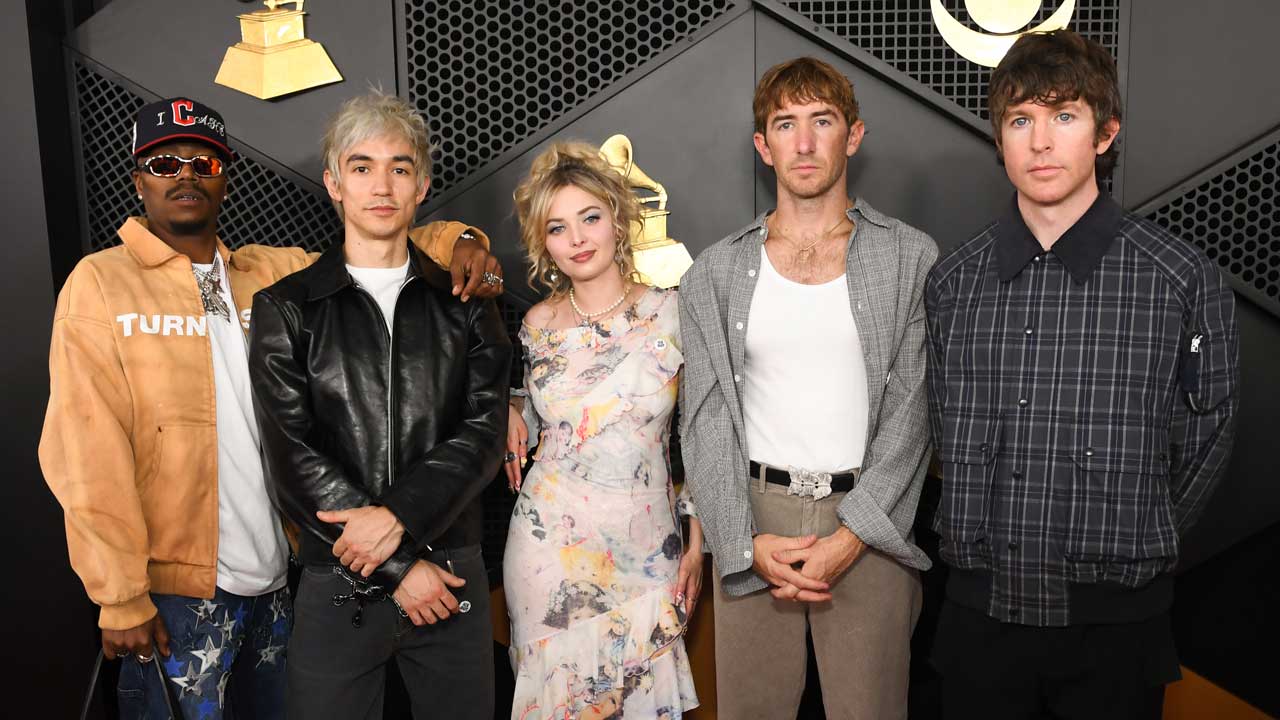You can trust Louder
Two years after their hardcore-tinged punk-pop debut, Exeter five-piece The Computers return radically rebranded as slicked-back, sharp-suited, turbo-hollering whiteboy rock’n’soul stompers.
Recorded in the analogue-heavy Deep South studio of Black Keys producer Mark Neill, Love Triangles Hate Squares is an adrenaline-pumped exercise in self-consciously retro cultural tourism which retains the garage-rock fury of its predecessor but douses it in thick layers of jukebox Americana, from Sun Studios to Stax Records, Jerry Lee Lewis to James Brown.
The inevitable challenge with such shameless ancestor worship is how to avoid sounding like a derivative Blues Brothers-style tribute band. This requires re-imagining the raw emotion and blood-and-guts vitality of such protean music, a trick which frontman Alex Kershaw pulls off maybe half the time. He sounds like early Elvis Costello on the punchy title track and like a punked-up Smokey Robinson on the swaggering Mr Saturday Night, then really lets rip with the climatic waltz-time tearjerker Single Beds.
That said, no amount of sore-throat testifying and ragged honky-tonk piano can fully disguise Kershaw’s lack of songwriting originality. Love Triangles Hate Squares is a forceful blast of passion-fired pastiche, but never quite escapes feeling like a cheap holiday in other people’s history.
Sign up below to get the latest from Classic Rock, plus exclusive special offers, direct to your inbox!
Stephen Dalton has been writing about all things rock for more than 30 years, starting in the late Eighties at the New Musical Express (RIP) when it was still an annoyingly pompous analogue weekly paper printed on dead trees and sold in actual physical shops. For the last decade or so he has been a regular contributor to Classic Rock magazine. He has also written about music and film for Uncut, Vox, Prog, The Quietus, Electronic Sound, Rolling Stone, The Times, The London Evening Standard, Wallpaper, The Film Verdict, Sight and Sound, The Hollywood Reporter and others, including some even more disreputable publications.


